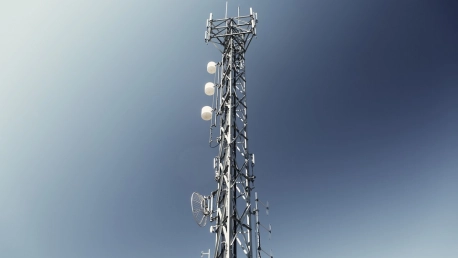While users’ concern about the use of online personal information is on the rise, other less obvious sources of data collection may remain unnoticed. As more and more people are committed to preserving a healthy lifestyle, wearables are making their way into everyday life. Fitness trackers, eyewear, modular wristbands, and smartwatches are used to monitor users’ movement and sports activities and help them improve their health. But wearable technology also comes with its fair share of negative effects.
New algorithms for wearable technology might seem basic tech when compared to other developments, but they also enable smartwatches to outline the user’s unique profile after receiving signals from the device, including data from accelerometer and gyroscope. Profiles may then be used to track users’ digital activity and communications. All this can be done through legitimate smartwatch apps that secretly send data to third-party apps. Companies all around the world have already started to implement wearable tech in the workplace as employees have been shown to be open to using them. But the personal privacy issue is becoming a growing cause for concern, with reverberations in government, healthcare, and even personal life. Employees may soon express doubts rather than enthusiasm when provided with new wearables.
Dangerous liaisons
So big is the government concern for personal privacy that lawmakers urge Google to break ties with partner Huawei after the heads of six major US intelligence agencies have already warned people to stop using Huawei products. The US intelligence community has voiced its concern about the risks of permitting companies controlled by foreign governments to obtain a position of power inside US telecommunications networks. Both Republican and Democratic lawmakers have signed the letter addressed to Google CEO Sundar Pichai.
“We write to express our concerns about Google’s ‘strategic partnership’ with Huawei Technologies,” the lawmakers wrote. “Chinese telecommunications companies, such as Huawei, have extensive ties with the Chinese Communist Party. As a result, this partnership between Google and Huawei could pose a serious risk to US national security and American consumers.” The letter is signed by Senators Tom Cotton and Marco Rubio and three members of Congress, Dutch Ruppersberger, Michael Conaway and Liz Cheney. The politicians provided evidence about Huawei’s ties to the Chinese government and quoted previous statements made by intelligence officials on how using the company’s products could expose Americans to surveillance by the Chinese intelligence agencies.
Closer to home
Politicians voice their concern about Huawei products and might impact people’s decisions to buy a smartphone or a wearable device from the company and even its partnership with Google. But that is not the only issue affecting wearable technology and its ties to telecommunications networks and security. New gadgets can track personal data and there is a lack of ground rules concerning their use. Moreover, wearables seem not only to disrupt the telecommunications industry but also normal communication.
Journalist Mat Honan documented his personal experience as a “Glass Explorer” while using a prototype of Google Glass. He noted that people seemed to be uncomfortable around those who wore the prototype and that “Glass Explorers” in turn seemed to favor self-segregated groups. “Wearing Glass separates you. It sets you apart from everyone else,” Honan wrote. And while the smart device utterly failed as a consumer product, Google did announce a comeback in 2017. “The future is on its way, and it is going to be on your face. We need to think about it and be ready for it in a way we weren’t with smartphones,” Honan concluded. Wearables are not just mini gadgets, they are also powerful systems that can record, store and process data and even influence our social behavior.
Personal privacy is a complex topic for companies and government in the digital age and nothing seems to be as personal as the new technology made available with wearables and other personal smart devices. People are not only concerned about their health and lifestyle, but they are also inherently attracted to all things new. As we have learned from recent experiences, this may provide others with the opportunity to learn a significant amount about them by tracking their activity and communications. Lawmakers, companies and even academia may soon need to develop codes of conduct about data collection in order to protect personal privacy.









